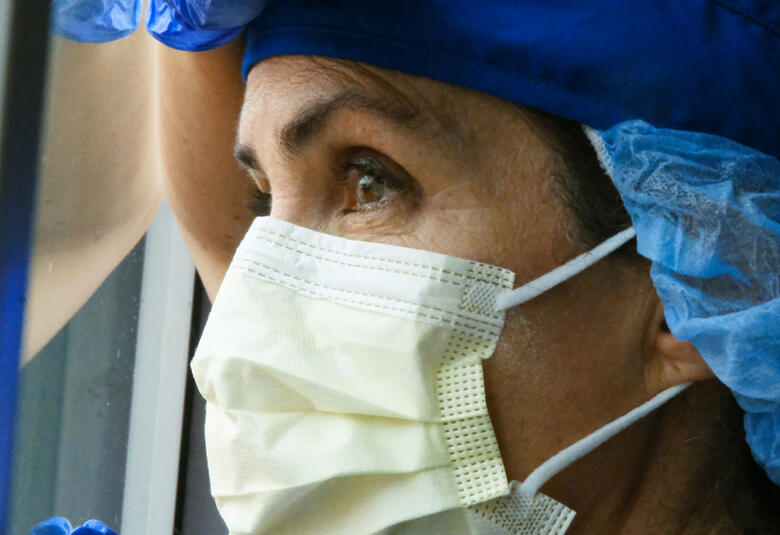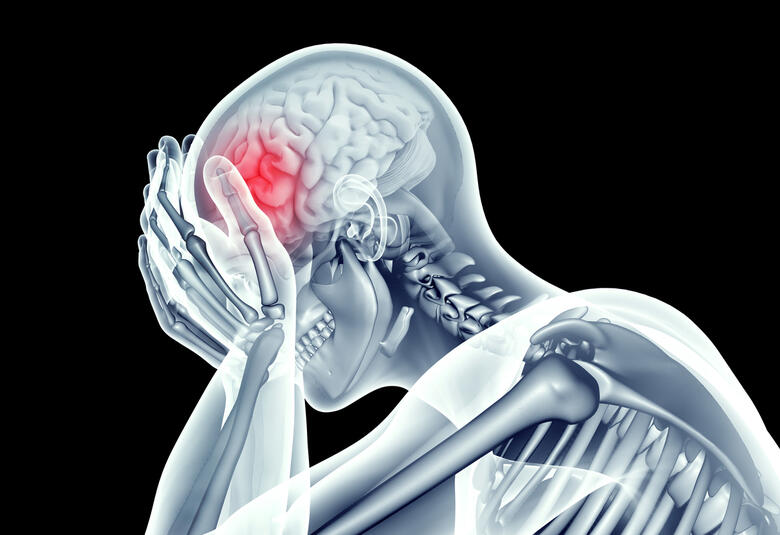Dr Onur Okan Demirci has worked as a Specialist Psychiatrist in the Psychiatry Department in Tatvan State Hospital, Turkey, and is currently setting up a private practice. He described his typical case load within the state hospital allowing him to see each patient for only a few minutes per visit. With a population of nearly 80 million in Turkey, and few psychiatrists, there is enormous pressure on the system. Onur described his role as mainly one of prescribing – time is simply not available to offer extended therapy sessions.
What are your biggest challenges when treating patients with MDD?
Patients don’t want to take pills – they want therapy, they want to talk through their problems. Once patients do start taking medication, they often don’t take it correctly or for long enough. They ‘quit’. I have seen patients struggle with depression for years.
What fraction of your patients with MDD have residual symptoms, when they have responded to antidepressant treatment?
Most patients do not get back to their ‘usual self’.
How do you treat your patients with MDD?
In my private practice, in addition to drugs, patients are offered group therapy, eye movement desensitization and reprocessing (EMDR) and hypno-CBT (HCBT), all of which are very popular.
Factors outside a psychiatrist’s control
It is frustrating to be unable to fix the situation that my patients find themselves in – including economic problems and lack of employment. We passionately desire peace and equality – in treatments, opportunity and life.


